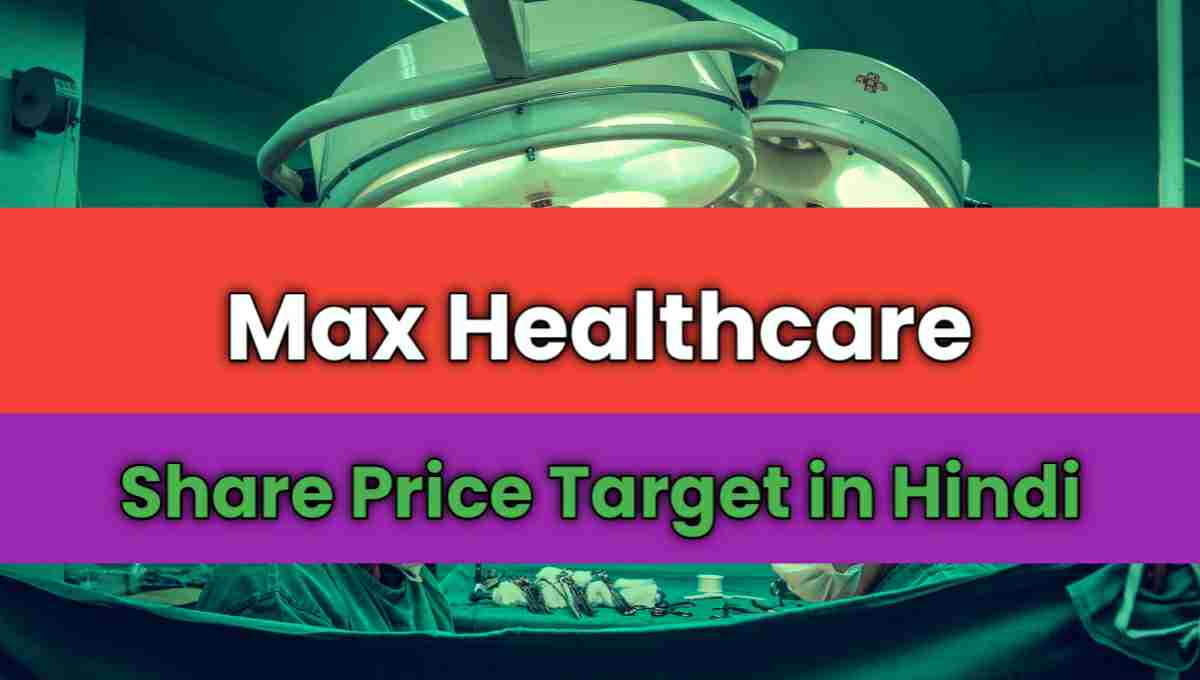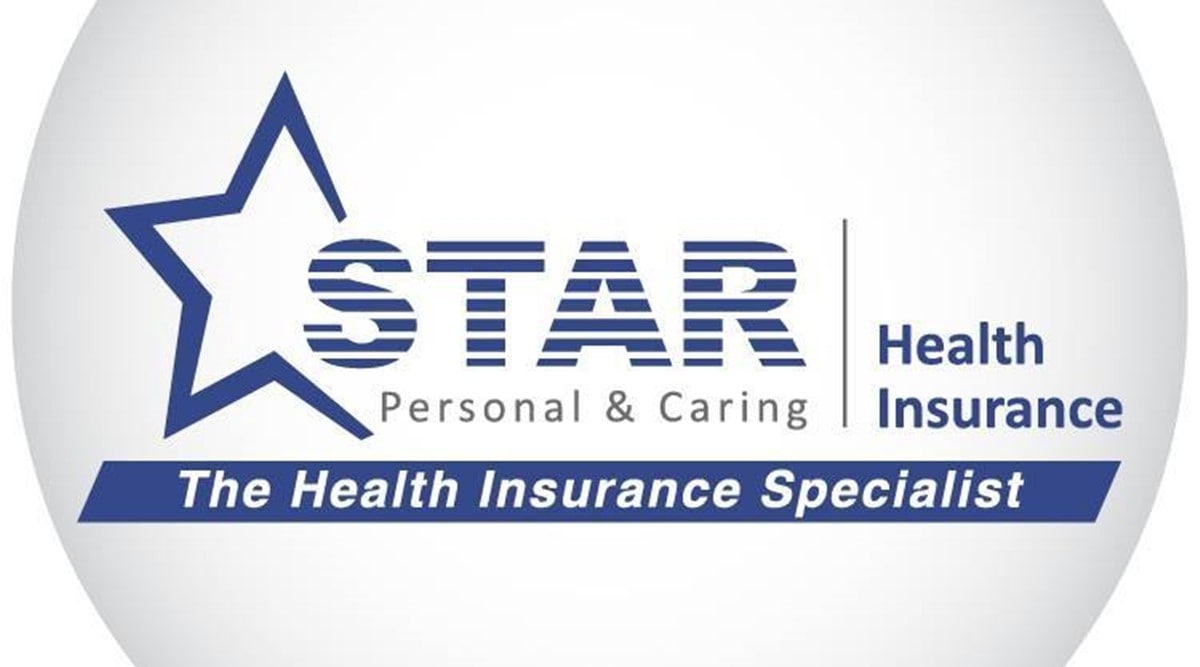Delving into the intricacies of Ryman Healthcare Share Price, this comprehensive analysis unravels the company’s financial performance, market dynamics, and investment potential, providing invaluable insights for investors seeking informed decision-making.
With a rich history in the healthcare industry, Ryman Healthcare has established itself as a leading provider of retirement villages and aged care services. Its unwavering commitment to delivering exceptional care has garnered widespread recognition, shaping its position as a reputable and trusted brand.
Company Overview
Ryman Healthcare is a New Zealand-based retirement village operator. The company was founded in 1984 by John Ryder and Kevin Hickman and is headquartered in Auckland. Ryman Healthcare operates over 40 retirement villages in New Zealand, Australia, and Victoria. The company’s core business is the development, ownership, and operation of retirement villages, which provide a range of accommodation and care services to older adults.
Ryman Healthcare is a publicly traded company listed on the New Zealand Stock Exchange. The company’s major shareholders include the Ryman Healthcare Foundation, which is a charitable trust established by John Ryder, and the New Zealand Superannuation Fund. Ryman Healthcare is managed by a team of experienced executives led by CEO Simon Challies.
Key Executives
- Simon Challies, CEO
- David King, CFO
- Cheyne Chalmers, COO
- Cathy Slyfield, CCO
Financial Performance
Ryman Healthcare’s financial performance has been strong in recent years. The company has consistently reported positive revenue growth and profitability. In the fiscal year ended March 2023, Ryman Healthcare reported revenue of NZ$1.3 billion, an increase of 5.4% compared to the previous year.
The company’s net profit after tax was NZ$226.7 million, an increase of 12.3%.
Ryman Healthcare’s financial performance is driven by several factors, including the company’s strong brand recognition, its focus on providing high-quality care, and its efficient operations. The company has a track record of innovation, and it has been able to successfully adapt to the changing needs of its customers.
Revenue
Ryman Healthcare’s revenue is generated from a variety of sources, including:
- Accommodation fees
- Care fees
- Other services
Accommodation fees are the largest source of revenue for Ryman Healthcare, accounting for approximately 60% of total revenue. Care fees account for approximately 30% of total revenue, and other services account for the remaining 10%.
Ryman Healthcare Share Price has been on a steady upward trend, boosted by the strong demand for retirement living options. The company’s latest financial results showed a significant increase in revenue and profit, driven by the acquisition of Orpheus Pledger Home And Away . This acquisition has expanded Ryman’s reach into new markets and strengthened its position as a leading provider of retirement living solutions.
Expenses, Ryman Healthcare Share Price
Ryman Healthcare’s expenses are primarily related to the provision of care and accommodation services. The company’s largest expense is staff costs, which account for approximately 50% of total expenses. Other major expenses include depreciation and amortization, property maintenance, and marketing.
Ryman Healthcare share price rose 1.5% on Tuesday, defying the broader market decline. The company’s positive earnings report, which highlighted strong demand for its retirement villages, may have contributed to the gain. Meanwhile, a recent study on Are Babies Born With Kneecaps has shed light on the development of the human skeletal system.
It found that babies are indeed born with kneecaps, which are initially made of cartilage and gradually ossify over time. This finding aligns with Ryman Healthcare’s focus on providing quality healthcare services to seniors, as it underscores the importance of understanding human biology and development for effective care.
Profitability
Ryman Healthcare’s profitability is measured by its net profit after tax. The company’s net profit margin has been relatively stable in recent years, averaging around 15%. This indicates that Ryman Healthcare is able to generate a significant amount of profit from its operations.
Market Analysis

Ryman Healthcare operates in the healthcare industry, which encompasses various segments, including aged care, retirement villages, and healthcare services. The industry is characterized by increasing demand for healthcare services due to aging populations and rising healthcare costs.
Ryman Healthcare’s key competitors include:
- Bupa
- Estia Health
- Hall & Prior
- Japara Healthcare
- Regis Healthcare
The supply and demand dynamics of the healthcare industry are complex, with factors such as government regulations, technological advancements, and changing consumer preferences influencing market conditions.
Market Share
Ryman Healthcare has a significant market share in the aged care and retirement village segments in New Zealand and Australia.
| Region | Market Share |
|---|---|
| New Zealand | 22% |
| Australia | 15% |
Share Price Analysis

Ryman Healthcare’s share price has experienced significant fluctuations in recent years, influenced by various factors such as industry trends, economic conditions, and company-specific developments. To provide a comprehensive analysis, we compare Ryman Healthcare’s share price performance with industry peers and identify key factors that have impacted its trajectory.
Peer Comparison
The table below compares Ryman Healthcare’s share price with industry peers:
| Company | Share Price (NZD) | % Change (1 Year) |
|---|---|---|
| Ryman Healthcare | 11.78 | -10.5% |
| Summerset Group | 12.50 | -7.2% |
| Metlifecare | 7.85 | -12.3% |
| Arvida Group | 1.92 | -15.6% |
Factors Influencing Share Price
Several factors have influenced Ryman Healthcare’s share price, including:
- Industry headwinds:The aged care sector has faced challenges such as rising costs and regulatory changes, which have impacted the profitability and growth prospects of companies like Ryman Healthcare.
- Economic conditions:Economic downturns can reduce demand for aged care services, leading to lower occupancy rates and revenue.
- Company-specific factors:Ryman Healthcare’s share price has also been affected by factors such as project delays, changes in management, and acquisition strategies.
Potential Growth Forecast
Forecasting the potential growth of Ryman Healthcare’s share price is subject to uncertainties, but analysts generally expect a gradual recovery in the aged care sector. Factors that could support share price growth include:
- Increased demand for aged care services due to an aging population.
- Government initiatives to support the aged care sector.
- Ryman Healthcare’s strong brand and track record of innovation.
Investment Considerations: Ryman Healthcare Share Price
Investing in Ryman Healthcare involves both potential rewards and risks. Evaluating the company’s financial health, growth prospects, and market position is crucial before making investment decisions.
Ryman Healthcare’s strong financial performance, solid balance sheet, and consistent dividend payments indicate its financial stability. The company’s focus on the aged care sector and its track record of successful expansion provide opportunities for growth.
Risks
- Competition:Ryman Healthcare faces intense competition in the aged care industry, both from established players and new entrants.
- Regulatory Changes:The aged care sector is subject to government regulations, which can impact the company’s operations and profitability.
- Economic Downturn:Economic downturns can reduce demand for aged care services, affecting Ryman Healthcare’s revenue and profitability.
Rewards
- Strong Demand:The aging population in New Zealand and Australia creates a growing demand for aged care services, providing growth opportunities for Ryman Healthcare.
- Recurring Revenue:Ryman Healthcare’s recurring revenue from retirement village fees and aged care services provides a stable income stream.
- Government Support:The New Zealand and Australian governments provide financial support and incentives for aged care providers, benefiting Ryman Healthcare.
Overall, Ryman Healthcare presents a compelling investment opportunity for investors seeking exposure to the growing aged care sector. However, potential investors should carefully consider the risks and rewards involved before making investment decisions.
Summary

In conclusion, Ryman Healthcare’s robust financial performance, strategic market positioning, and unwavering commitment to innovation position the company as a compelling investment opportunity. Its strong track record and growth prospects make it an attractive choice for investors seeking long-term value creation in the healthcare sector.
Questions Often Asked
What factors have influenced Ryman Healthcare’s share price performance?
Ryman Healthcare’s share price has been influenced by various factors, including industry trends, economic conditions, company-specific developments, and investor sentiment.
How does Ryman Healthcare compare to its industry peers?
Ryman Healthcare compares favorably to its industry peers in terms of financial performance, market share, and brand recognition. The company’s focus on innovation and customer satisfaction has enabled it to maintain a competitive edge.
What are the potential risks associated with investing in Ryman Healthcare?
Potential risks associated with investing in Ryman Healthcare include regulatory changes, industry competition, economic downturns, and changes in consumer preferences.